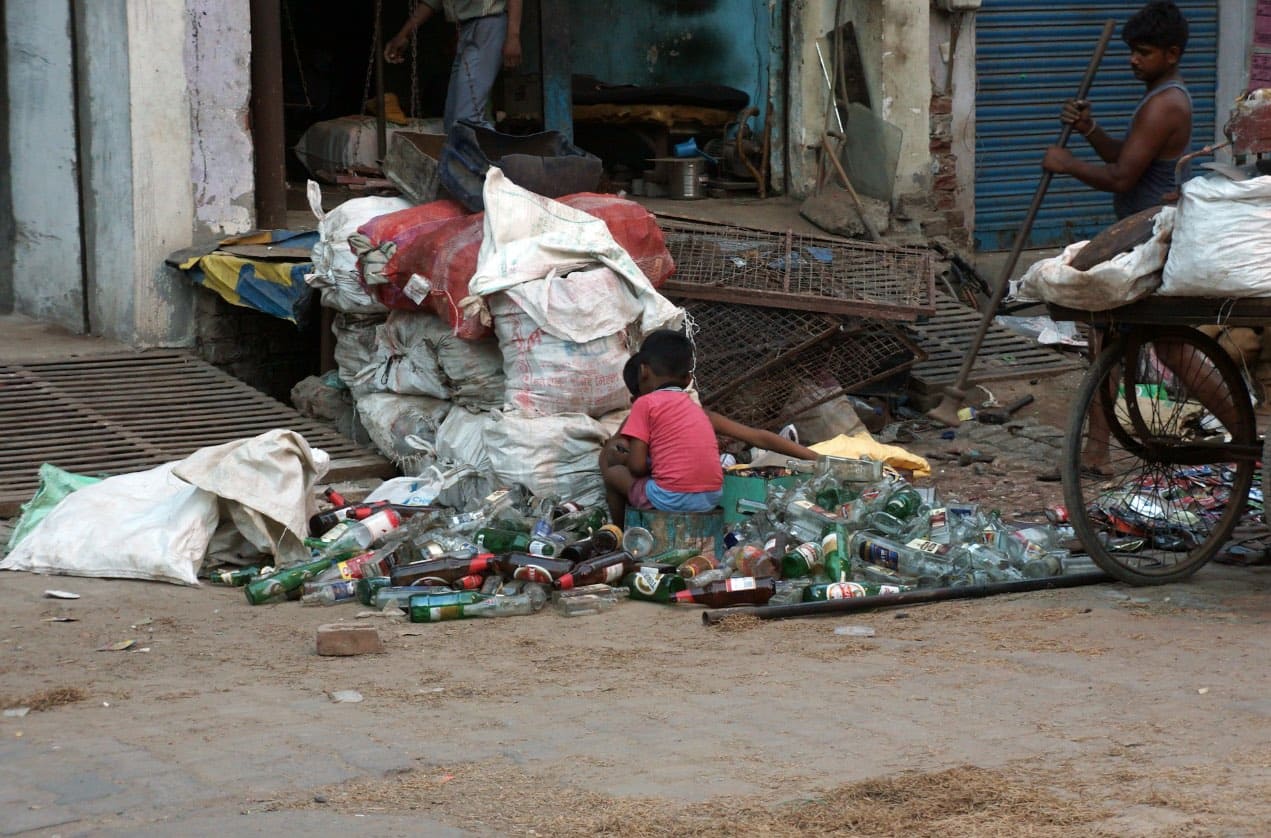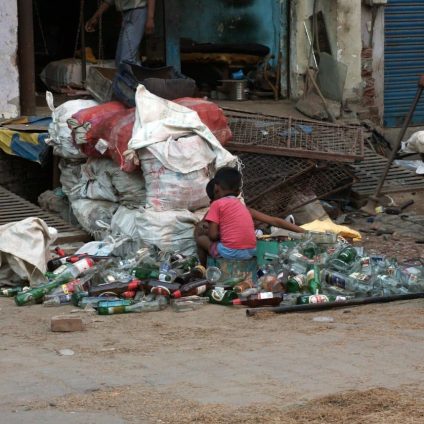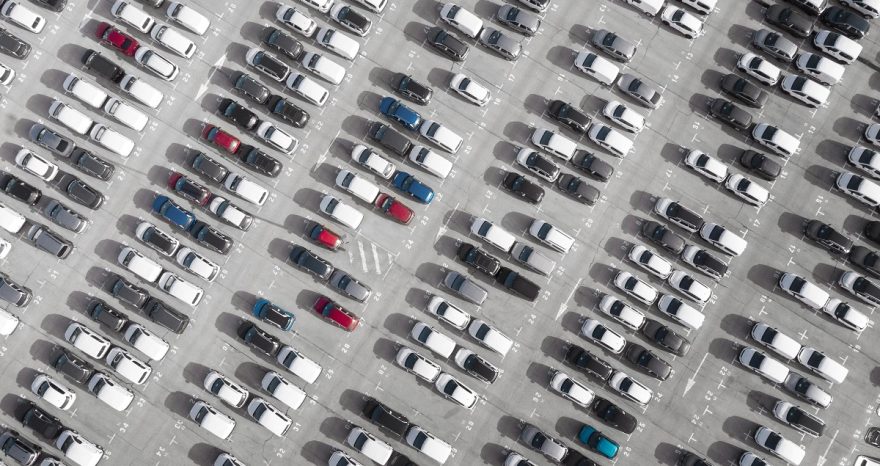The OECD publishes a report proposing to reduce plastic pollution by 96% by 2040 with draconian measures

Without a plastic tax and rules to reduce production, plastic pollution will remain a problem
The new report from the Organisation for Economic Co-operation and Development (OECD) has just been released, proposing global policies to address the entire life cycle of plastic. The goal is to reduce plastic pollution by 96% by 2040. The study suggests that a combination of policies—ranging from advanced waste management and recycling to reducing the use and waste of plastic—could ensure significant environmental and economic benefits.
The OECD warns that without stricter measures, plastic production could increase by 70%, from 435 million tons in 2020 to 736 million in 2040. This scenario would lead to a 50% rise in improperly managed waste. Such an outcome would have serious environmental consequences, including a 40% increase in plastic release into rivers, oceans, and other ecosystems.
The Necessary Policies Against Plastic Pollution
Only ambitious and coordinated global policies can reduce plastic pollution to nearly zero by 2040. Partial measures, such as focusing solely on waste management without addressing production and consumption, would reduce pollution by only 55%. Furthermore, the report warns that these solutions would increase costs, making it increasingly difficult to manage the problem.
The OECD emphasizes that a life-cycle approach to plastic would result in a minimal reduction of global GDP (0.5%), but would be more cost-effective than strategies focused exclusively on waste management.
Measures such as a plastic tax and taxes on packaging are recommended, along with ecodesign criteria and extended producer responsibility schemes. This set of measures would promote a more sustainable economy and help mitigate the impacts of microplastics and greenhouse gas emissions associated with plastic.












